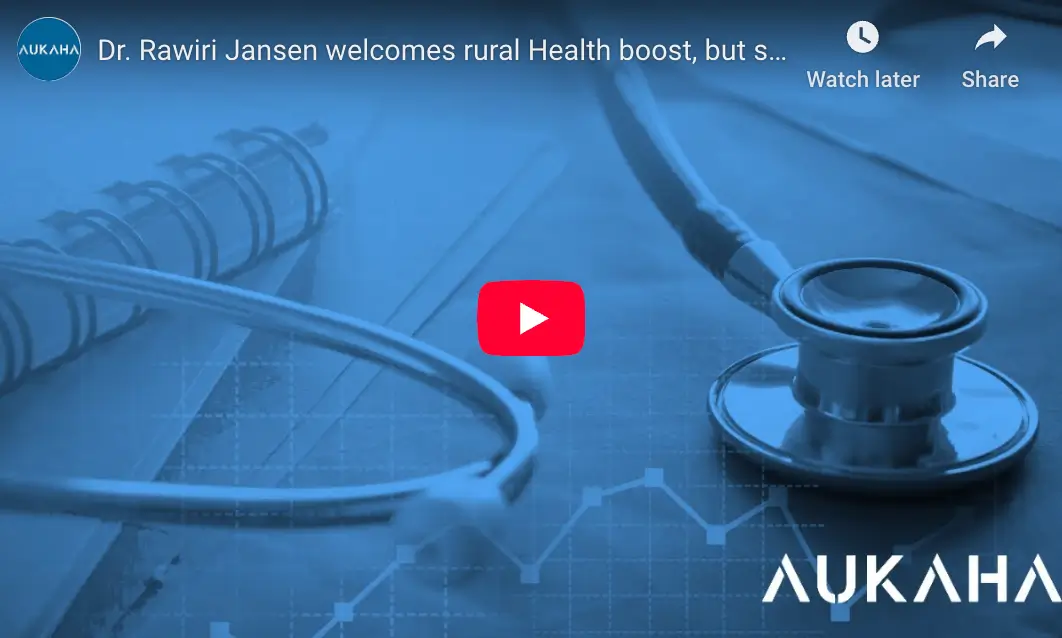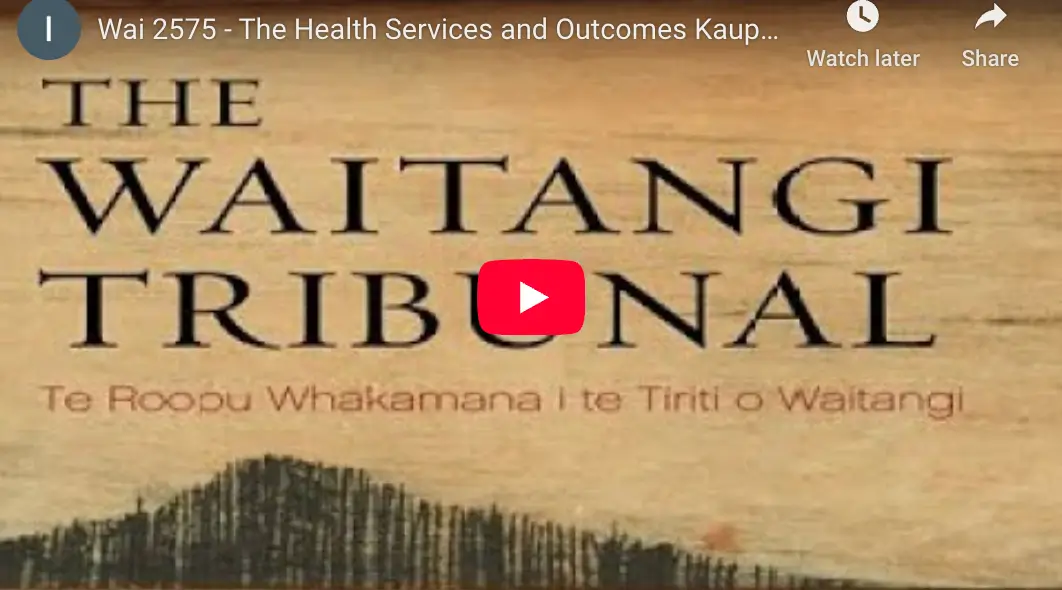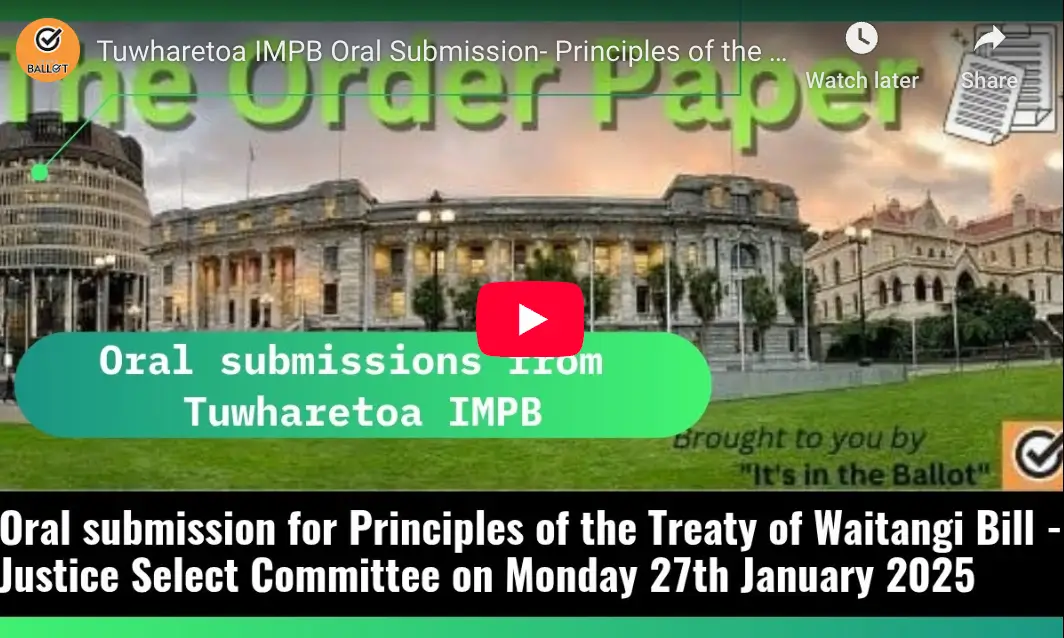Opinion: Māori rights are not an ideology, they are a constitutional imperative
Politics | Regulatory Standards Bill
Monday 14 July 2025 • By Louisa Wall for Te Ao Māori News
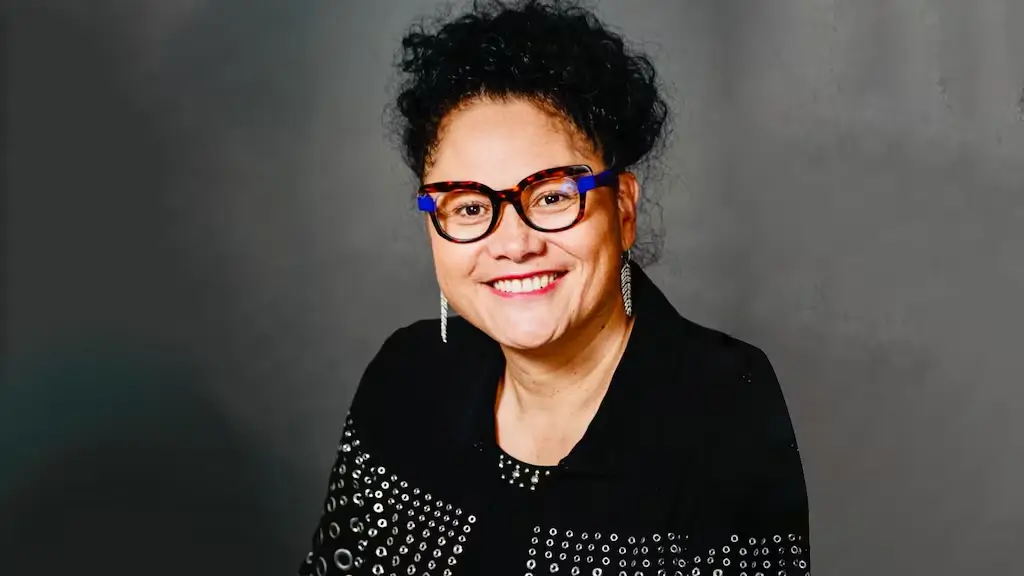
OPINION: When Deputy Prime Minister David Seymour dismisses concerns raised by the United Nations Special Rapporteur on the Rights of Indigenous Peoples, Albert K. Barume, as “an affront to New Zealand’s sovereignty,” he does more than express political disagreement. He trivialises the enduring obligations of the Crown to Māori under Te Tiriti o Waitangi and undermines New Zealand’s standing as a nation committed to Indigenous rights.
Māori are not a stakeholder group. We are tāngata whenua, the first sovereign people of this land, and signatories to Te Tiriti o Waitangi. Our place within Aotearoa’s constitutional landscape is not negotiable and not subject to the preferences of the government of the day.
The Tūwharetoa Iwi Māori Partnership Board, which I chair, has raised serious concerns about the Regulatory Standards Bill. As it stands, the Bill privileges a narrow vision of individual rights and deregulation that disregards Māori collective rights, weakens environmental protections, and ignores Te Tiriti entirely. These are not abstract criticisms. They are constitutional failures.
Seymour claims the Bill “neither undermines nor overrides” Treaty protections. But that is demonstrably false. The Bill is silent on Te Tiriti. It elevates a monocultural legal standard based on private property and individual liberty while excluding Māori values like tikanga, mana motuhake, and kaitiakitanga. This is not neutral. It is erasure.
Dr Barume is not imposing an external ideology. He is fulfilling his UN mandate to monitor Indigenous rights, including in countries like ours that have committed to international frameworks such as the UN Declaration on the Rights of Indigenous Peoples. His letter reflects what Māori across the motu already know: our rights are being undermined by legislation that treats Māori law, values, and governance as optional or irrelevant.
Instead of engaging constructively, Seymour personalised the issue, saying that as a Māori person himself, he is “aggrieved” that the Special Rapporteur dares to speak about Indigenous rights in Aotearoa. This is disingenuous. Being Māori does not grant licence to disregard the collective rights of hapū and iwi or to dismiss scrutiny of state conduct.
Leaders like Albert K. Barume, grounded in global Indigenous experience, understand that sovereignty is not weakened by accountability. It is strengthened by it.
The Special Rapporteur’s concerns are echoed by Māori leaders, legal scholars, environmental advocates, and iwi Māori Partnership Boards across Aotearoa.
We are witnessing a worrying trend: the downgrading of Te Tiriti, the erosion of shared decision-making with hapū and iwi, and the rollback of Indigenous rights.
The rejection of UNDRIP’s legal relevance in the coalition agreement further signals the government’s intention to disengage from international standards designed to protect Indigenous peoples.
Let us remember that in April, the Justice Committee recommended that the so-called Treaty Principles Bill not proceed, following overwhelming opposition from Māori and other New Zealanders, as well as strong legal advice. That decision recognised the constitutional importance of Te Tiriti and the damage caused by attempts to redefine its principles through unilateral legislation.
We now urge the Finance and Expenditure Committee to take a similarly principled stance with the Regulatory Standards Bill. If the government pushes forward with legislation that ignores Te Tiriti, excludes Māori worldviews, and weakens environmental and equity protections, it must expect scrutiny from both Māori and the international community.
Te Tiriti o Waitangi is not a historical artefact. It is a living constitutional foundation that continues to shape the relationship between the Crown and Māori.
Hapū and iwi are not interest groups within a wider population. They are the enduring holders of mana whenua and rangatiratanga in Aotearoa. Their authority is inherent, not granted. It predates the Crown and the New Zealand state. Any lawmaking process that fails to recognise this status diminishes the constitutional role of Māori and undermines the integrity of our legal and political system.
New Zealand’s sovereignty is not threatened by Indigenous rights. It is defined by how honourably and consistently those rights are upheld.
Louisa Wall is Chair of the Tūwharetoa Iwi Māori Partnership Board and a long-standing advocate for Indigenous rights, health equity, and Takatāpui SOGIESC+ (Sexual Orientation, Gender Identity and Expression, and Sex Characteristics) inclusion. A former Member of Parliament, she is widely recognised for her leadership in advancing marriage equality and human rights across Aotearoa and the Pacific.
Paakiwaha | Louisa Wall
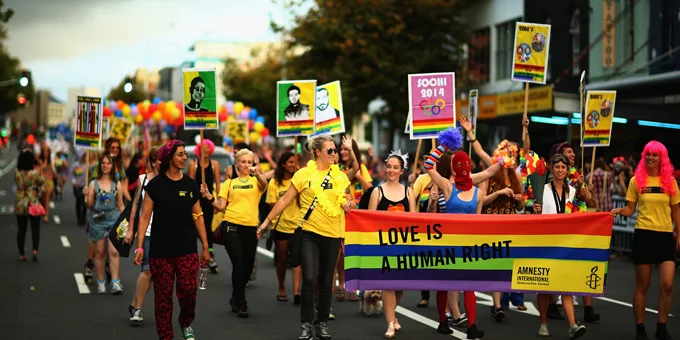
Listen to the full audio interview with Louisa Wall at Waatea News
Dr. Rawiri Jansen welcomes rural Health boost, but says Budget priorities are misplaced
Watch the full interview with Dr. Rawiri Jansen
Cabinet approves 'suite of amendments' to Pae Ora (Healthy Futures) Act
Politics | Health
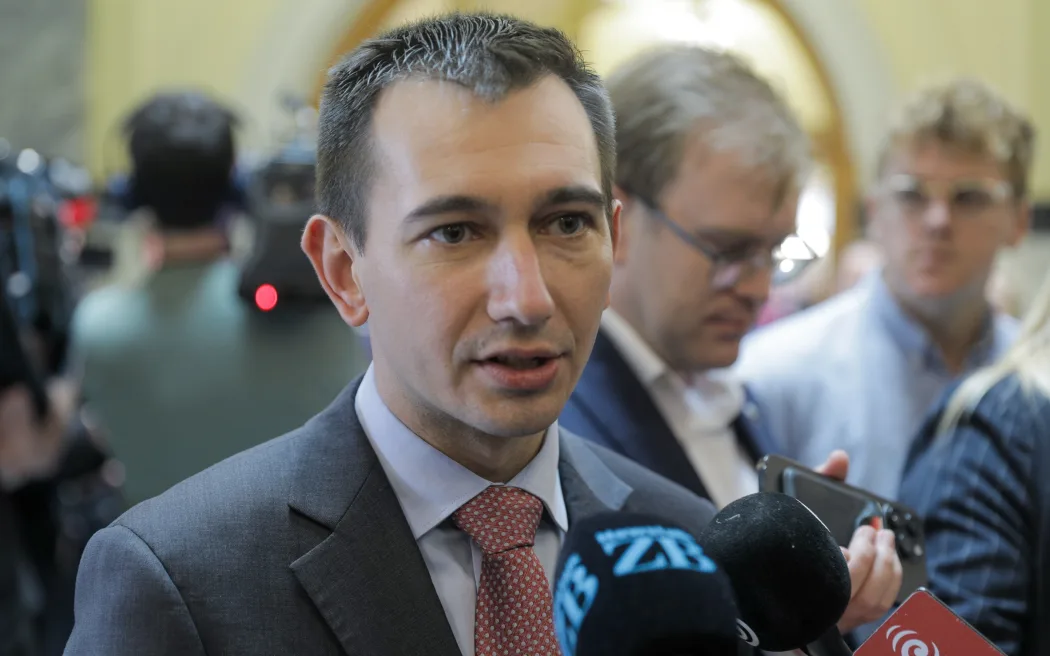
Minister of Health Simeon Brown has announced the government will be introducing legislation to ensure the health system is focused on delivering better outcomes for patients.
He said Cabinet had approved a suite of amendments to the Pae Ora (Healthy Futures) Act 2022.
“These changes are about improving health outcomes by making sure the system is focused on delivery, not bogged down in doing the same thing twice. That means better care for patients through a more connected, transparent, and effective health system,” Brown said.
“We’re putting health targets into law so every part of the system is focused on delivering faster care, shorter wait times, higher immunisation rates, and real results.”
Brown said that infrastructure delivery was “one of the most serious failings under the previous government”.
“Too many builds were delayed, blown out, or never even started. We’re addressing this by establishing a dedicated infrastructure committee and embedding infrastructure as a core function of Health New Zealand. This means the board can focus on lifting system performance where it matters most: for patients.”
Brown said the legislation would also strengthen the Hauora Māori Advisory Committee (HMAC) and clarify the role of iwi-Māori Partnership Boards (IMPBs).
Day 3 of Wai 2575 Kaupapa Inquiry hearing
Wai 2575 - The Health Services and Outcomes Kaupapa Inquiry (Te Aka Whai Ora) Day 3
Watch the video here (Streamed live on May 28, 2025):
Bowel cancer doesn’t care about politics
by Louisa Wall and Dr Rawiri Jansen

OPINION: The Government’s decision to set a universal bowel screening age of 58 – ignoring clear evidence that Māori and Pacific peoples develop bowel cancer at a younger age – will cost lives. This is a decision that disregards scientific data, health equity, and the lived realities of Māori and Pacific communities.
For years, health experts have called for targeted interventions to address ethnic disparities in bowel cancer. The numbers are irrefutable: Māori and Pacific peoples are diagnosed with bowel cancer earlier and die from it at disproportionately higher rates. Yet, instead of acting on this knowledge, Health Minister Simeon Brown has chosen a one-size-fits-all approach that denies these communities the early detection they desperately need.
Let’s be clear – bowel cancer is New Zealand’s second-biggest cancer killer. Early detection saves lives. This is not just theory; it’s proven.
The pilot programme in Waikato, Tairāwhiti, and MidCentral, which lowered the screening age for Māori and Pacific peoples to 50, was based on robust evidence. It worked. It identified cancers earlier and gave people a fighting chance. But rather than expanding this lifesaving approach nationwide, the Government has scrapped it.
Oral Submission - Principles of the Treaty of Waitangi Bill
Tūwharetoa IMPB Oral Submission - Principles of the Treaty of Waitangi Bill
Watch the full submission here:
